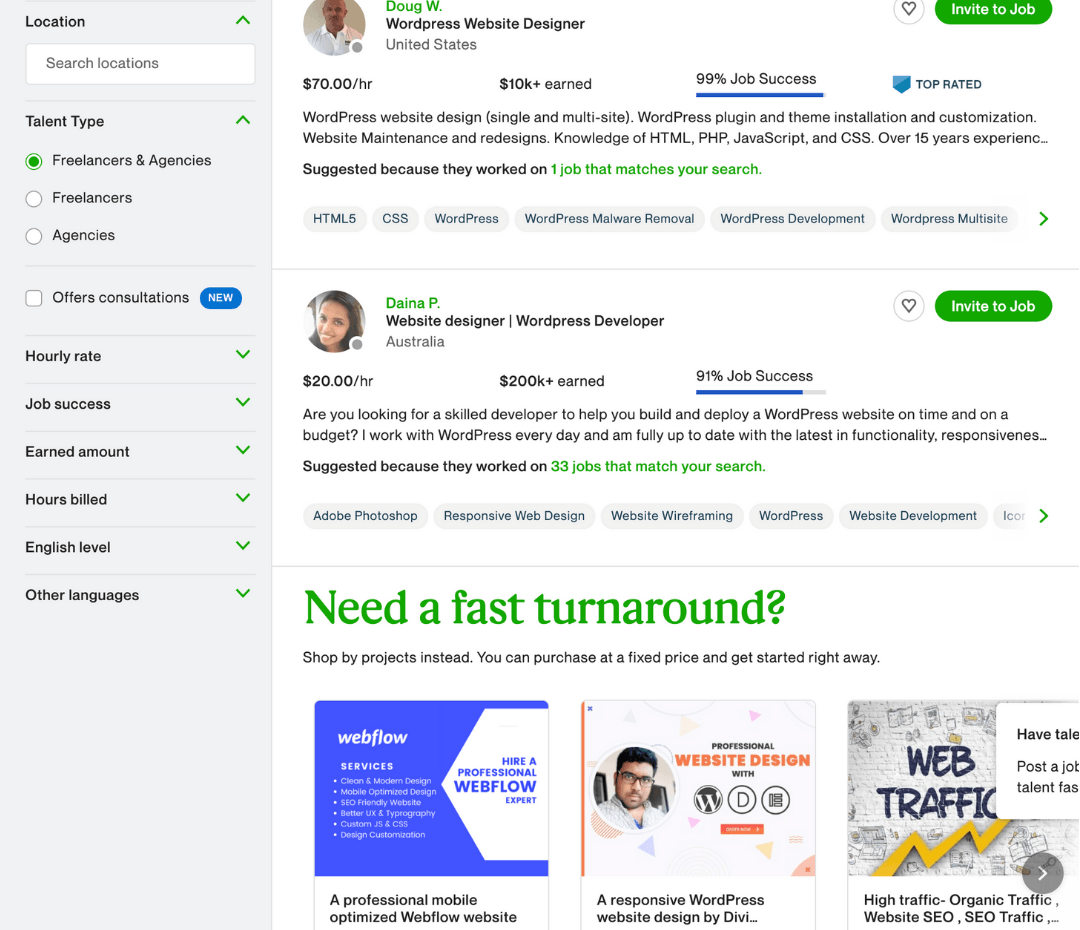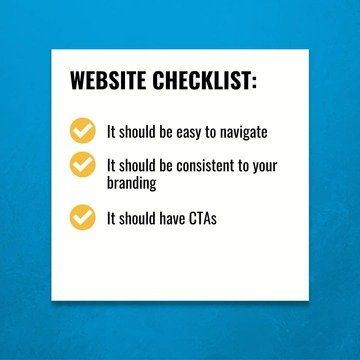Google’s Latest Speed Initiative & What Duda Is Doing About It
It’s no secret that Google cares a lot about pushing website owners and purveyors to reduce the amount of time it takes for sites to load — and with good reason. The faster websites load, the better the user experience in the Google search results pages. This is especially true on mobile devices, which just so happens to be the main way people interact with the search engine today.
So with that in mind, it should come as little surprise that the search giant recently announced its latest initiative in the war against slow-loading sites. And this time, it doesn’t involve their search algorithm.
As of 2019, Google Chrome is easily the single most popular web browser in the world and accounts for more than half of all web traffic. And just like with its algorithm, Google is happy to use this powerful position to push the web in its preferred direction. On November 11, 2019, Google announced on its Chromium Blog a new plan to mark slow-loading websites in Chrome as a way to encourage site owners to improve pagespeed.
According to the blog post, “…Chrome may identify sites that typically load fast or slow for users with clear badging. This may take a number of forms and we plan to experiment with different options, to determine which provides the most value to our users.”
The post continues, “Badging is intended to identify when sites are authored in a way that makes them slow generally, looking at historical load latencies. Further along, we may expand this to include identifying when a page is likely to be slow for a user based on their device and network conditions.”
The good people over at Google note that this new initiative will be rolled out gradually over time and with the long-term goal to provide badging for high-quality site experiences, “which may include signals beyond just speed.”
At first glance, this may seem alarming, but this news actually provides a fantastic opportunity for web professionals that build sites for clients to differentiate themselves from competitors by touting their pagespeed bonafides. This is especially the case if those web pros are working with Duda. We’ve kept a close eye on Google’s various pagespeed initiatives over the past couple of years and have continuously optimized our platform to keep it in line with the search engine’s recommended best practices.
For example, here are a few projects we’ve undertaken over the past year to ensure that Duda sites load quickly and score well in Google’s site testing tool known as Lighthouse:
·Improved the logic of how we include font ranges within the critical CSS generation
·Implemented lazy loading for all images below the fold
·Set CSS style sheets to load after a page loads
·Implemented lazy loading for widgets so they only start to initialize upon entering a visitor’s viewport
As you can see, we at Duda take pagespeed just about as seriously as Google does, and not just because we want to stay in the Big G’s good graces. We’ve found that faster loading websites lead to better conversion. In a 2017 Duda study of 4,000 websites, we found that every second reduced in load time raises conversion rate by 11%.
In short, we’re excited that Google has decided to take this step and see this is a positive step for the web, our partners and their customers. As things develop, rest assured that we will keep you up to date on what you need to know about the latest goings-on with pagespeed and will continue to optimize our platform to produce sites with the best site load times possible.








